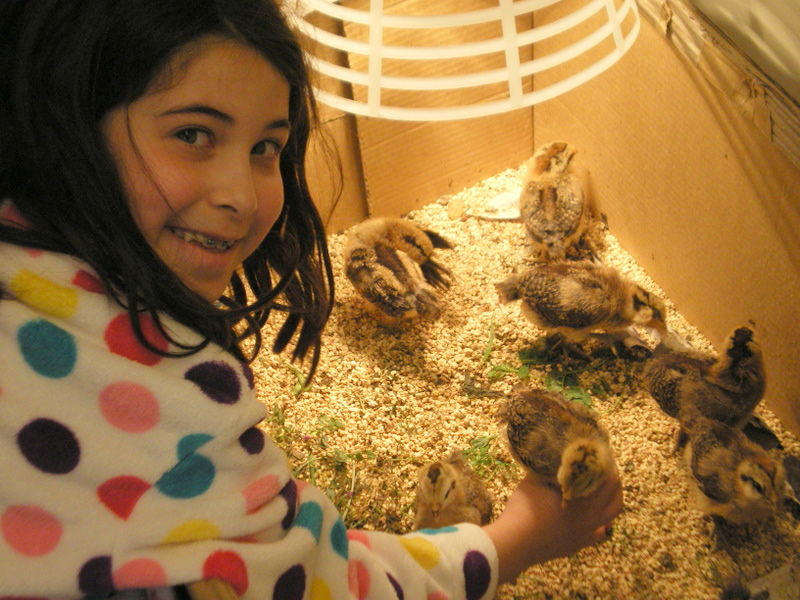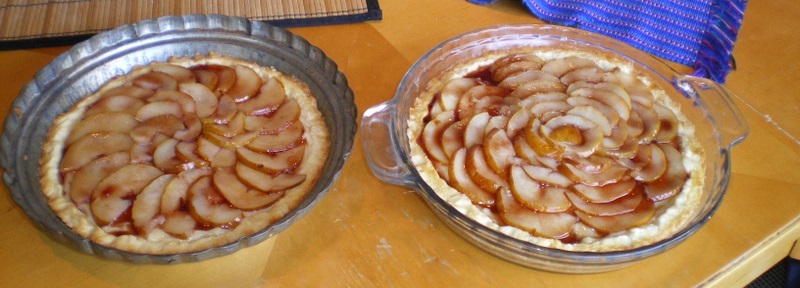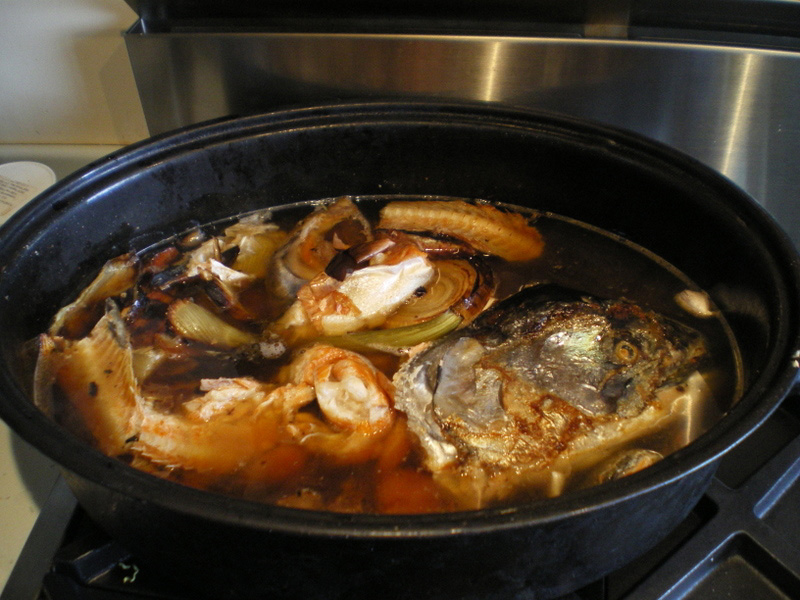This is a strange, rainy month here in Northern California—usually the rain stops mid-March except for a shower or two, and doesn’t start up again until October or November. But this year, it’s as if the Monsoon keeps drifting across the Pacific. It just isn’t stopping.
Because it was so cold and wet, I decided to make soup, looked at what was around and came up with a really yummy roasted garlic and cauliflower soup.
1 small cauliflower, washed and sliced
1 head garlic
oil or coconut ghee
1 leek
1 small onion
6 or 7 crimini mushrooms, sliced
1 very small potato, peeled and sliced thin
handful of fresh peas, shelled
juice of half a lemon
good splash of sherry
½ teaspoon of fresh ginger
chopped chervil and chives (about a tablespoon)
salt, pepper
stock and/or water
Heat oven to 425 degrees. Put the cauliflower slices in a bowl and coat with oil or melted ghee. Spread the cauliflower on a baking sheet on a Silpat or tin foil. Oil a head of garlic and put it on there, too. Set them in the oven to brown (about 20-30 minutes).
While they are roasting, slice the leek, the onion, the mushrooms and sauté them in a heavy saucepan over medium heat in just enough oil to cover the bottom of the pan. Add some salt, grate in the ginger. Stir as they brown, and when they are lightly browned (about 5-10 minutes, depending on your heat), add the sherry to deglaze the pan. Once the alcohol has boiled off, add the lemon juice. Take about half the vegetables out and reserve them. Add the potato and about 4 cups of stock (I used a handful of chicken stock ice cubes and about 2 cups of water, but you can use plain water or vegetable stock). Simmer while the cauliflower and garlic roast in the oven.
Once the cauliflower is lightly browned (the small pieces may brown first, if so, take them out and add them to the soup), add all the cauliflower to the soup and continue to simmer while the garlic cools. Squeeze out the garlic from the peels into a blender. Add about ¼ of the soup. Blend till smooth. Add the rest of the soup (you may need to do this in two batches; it just about fit in my blender). Once everything is blended and smooth, return the soup to the pot. If the soup is too thick, add some more stock or water—it should be creamy but not too thick. Add the reserved onion/leek/mushroom mix, and the shelled peas. Add the herbs. Taste and add salt and pepper as needed. Simmer another few minutes.
A wonderful cure for spring chill. I served with slices of whole wheat walnut levain and a salad. The sherry was Larry’s idea, and a really good one. When I asked him to taste the soup to see if it needed anything, he said, “It needs to be in a bowl.” I agree!

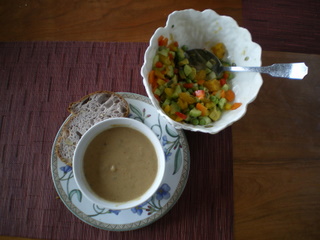



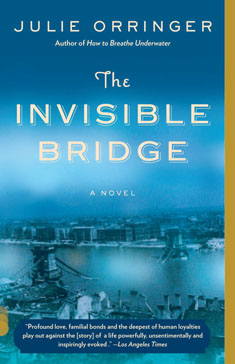
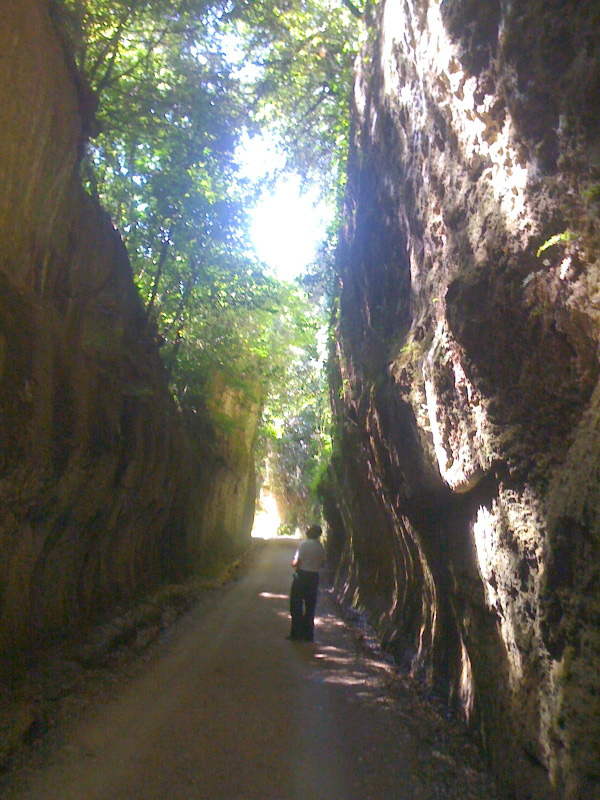 I don’t give to panhandlers. I give to anyone playing a musical instrument or other attempt at entertainment, and the people who sell the street newspaper. The only exception I’ve made was a singer in the NY subway who I passed on a regular basis and wanted to encourage to QUIT! The other day, I passed a very pregnant woman with a sign “Traveling, broke, hungry.” I gave her an orange. I guess that counts as an exception, too. When I don’t give, I make eye contact, nod, and say, “Not today.”
I don’t give to panhandlers. I give to anyone playing a musical instrument or other attempt at entertainment, and the people who sell the street newspaper. The only exception I’ve made was a singer in the NY subway who I passed on a regular basis and wanted to encourage to QUIT! The other day, I passed a very pregnant woman with a sign “Traveling, broke, hungry.” I gave her an orange. I guess that counts as an exception, too. When I don’t give, I make eye contact, nod, and say, “Not today.”